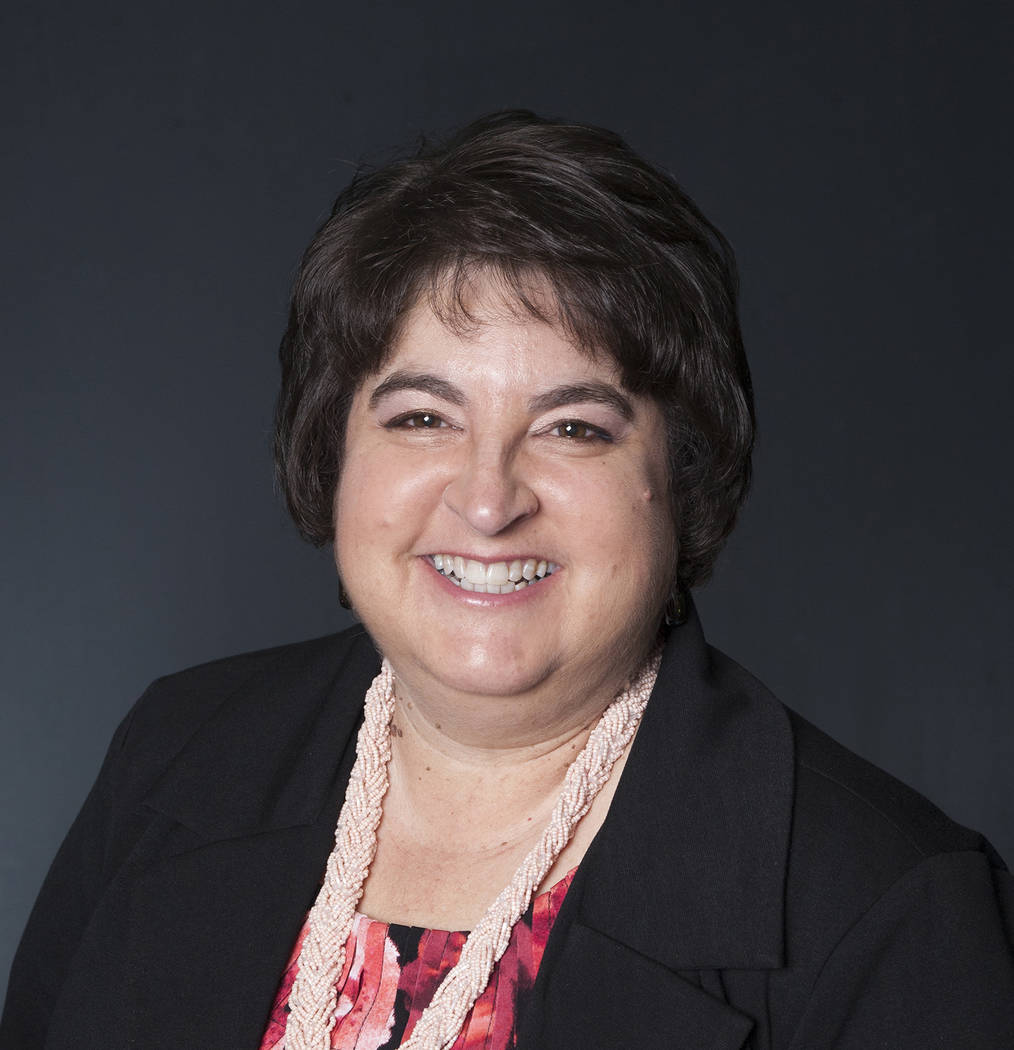Compassion helps others through tragedy
More than 50 inches of rain — more than 11 trillion gallons of water — has fallen over Texas in the past few days as Hurricane/Tropical Storm Harvey wreaked havoc on communities throughout the state.
For those of us who live in Southern Nevada, where we get barely 5 inches a year, it’s hard to imagine that much water.
Combined with the Category 4 winds that ranged from 130 to 156 miles per hour, Harvey created a path of destruction that will be felt for months, if not years.
As of Wednesday morning more than 20 lives have been lost or are feared lost, and another 30,000-plus have been forced from their homes.
With flooding expected to continue as the storm moves slowly over the area and a possible return trip back to the Gulf of Mexico, no one can predict how much worse it will get or what people will find when they can finally go home.
Swollen rivers are expected to overflow their banks causing more damage. Federal officials foresee that the storm will drive thousands more into shelters and spur 450,000 people to seek some sort of disaster assistance.
The result is devastating for so many.
Watching the news about the hurricane tugs at our heartstrings, just as it did 12 years ago when Hurricane Katrina struck, or even superstorm Sandy five years ago.
But there doesn’t have to be a major catastrophe — either natural or man-made — to cause turmoil in one’s life. With news available 24 hours a day, we hear about tragedies of all types on a far-too regular basis.
Some we can relate to, and others are beyond fathoming. Some seem to be major upheavals and others can appear to be minor inconveniences.
No one can judge the trials and tribulations in each person’s life — except the person who is living through them. What could be an everyday occurrence for one person might be an ordeal for another.
Sometimes the effects of these troubles are clearly evident — a person could be left homeless or grieving the loss of a beloved family member or close friend. Other times the person affected by tragedy or trouble can keep their woes hidden. That doesn’t mean they are any less devastated, rather just less expressive or perhaps at a complete loss of how to react to the situation.
That’s where the rest of us come in. It’s time for us to act. Lend a helping hand. Offer a friendly smile. Provide a shoulder to cry on or an ear to listen. Send donations. It can make all the difference in the world.
Hali Bernstein Saylor is editor of the Boulder City Review.
















